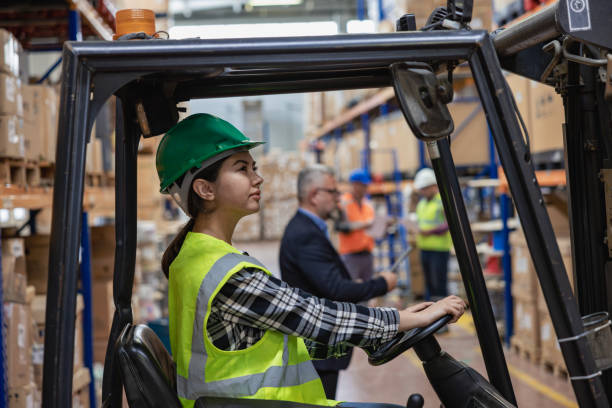Transport and logistics are important parts of our everyday lives. They affect how we get simple goods, like our favorite toys, food, and clothes. They even affect the materials for big construction projects.
When we talk about transport, we mean moving goods from one place to another. Logistics, on the other hand, means planning the best way to get those goods to their destination safely and on time. But why is this so important?
This guide aims to help you understand the basic concepts of transport and logistics, especially in the context of construction transportation logistics.
Why is Transport Important in Construction?
Transport plays a crucial role in the construction industry. Every construction project requires materials like timber, bricks, steel, and concrete. These materials must be delivered to the construction site on time to ensure that the project runs smoothly.
It is important to explore and learn about construction transportation logistics to understand how it can impact the overall success of a construction project. If a delivery is late, it can delay the entire project, leading to increased costs and unhappy clients. Therefore, having a reliable transport system is key to successful construction logistics.
The Different Modes of Transport
Various modes of transport are commonly used in logistics. Trucks are perhaps the most popular choice for construction transportation logistics due to their ability to navigate different terrains. They can carry heavy loads and reach remote locations that larger vehicles might find challenging.
Trains are another option, especially for long distances, as they can move massive amounts of materials at a lower cost. Ships are used for international shipping and transporting raw materials to construction sites around the world. Meanwhile, heavy machinery like cranes and forklifts are essential for moving materials on-site during construction.
Planning and Coordination
Successful transport and logistics in construction require careful planning and coordination. Before a single brick is laid, a logistics plan must be created. This involves the following:
- construction schedule
- types or materials needed
- quantities of materials
- best transport methods
Communication is vital in this process. Everyone involved, from project managers to transport companies, must work closely to ensure that timelines are met and materials are delivered when needed. The more precise the planning, the smoother the construction process will be.
The Role of Technology
In today’s world, technology has become a game-changer in transport and logistics. Advanced software solutions help companies streamline their operations, allowing them to manage deliveries and track materials efficiently.
Drones are now being tested to deliver smaller loads directly to construction sites, while GPS technology enables real-time tracking of vehicles on the road. Furthermore, automation and robotics can aid in loading and unloading goods, increasing efficiency and reducing the risk of human error.
Optimizing Efficiency: Key Insights in Transport and Logistics
In conclusion, anyone interested in construction must understand transport and logistics. Transport is vital to a construction project. It can ensure timely deliveries and adapt to unforeseen challenges.
It can also make or break the project. With continuous advancements in technology and a focus on sustainable practices, the future of construction transportation logistics looks promising. Embracing these changes can lead to safer, more efficient, and cost-effective construction processes, ensuring that we build a better future one brick at a time.
For similar topics, visit our blog!




